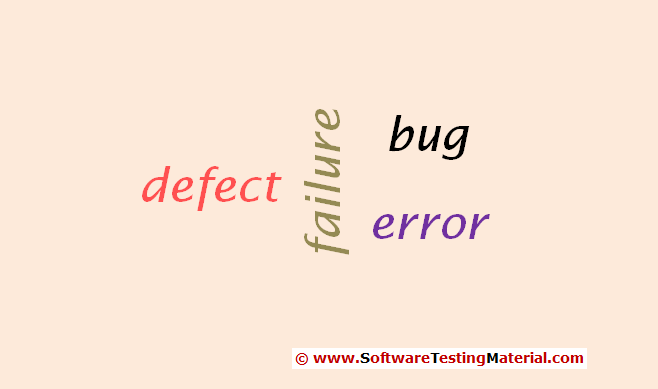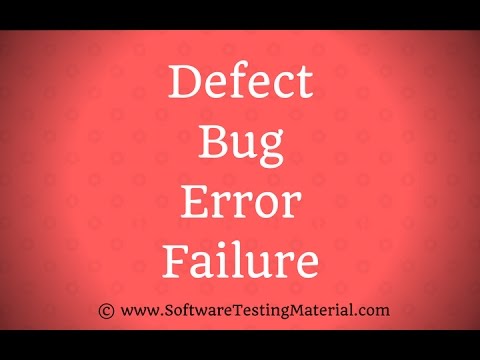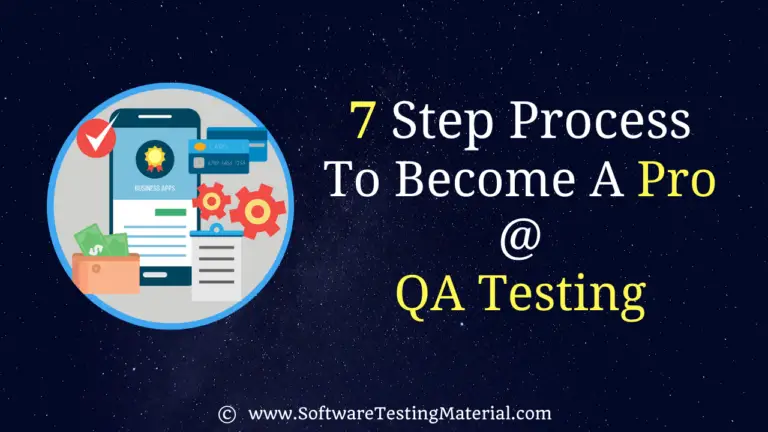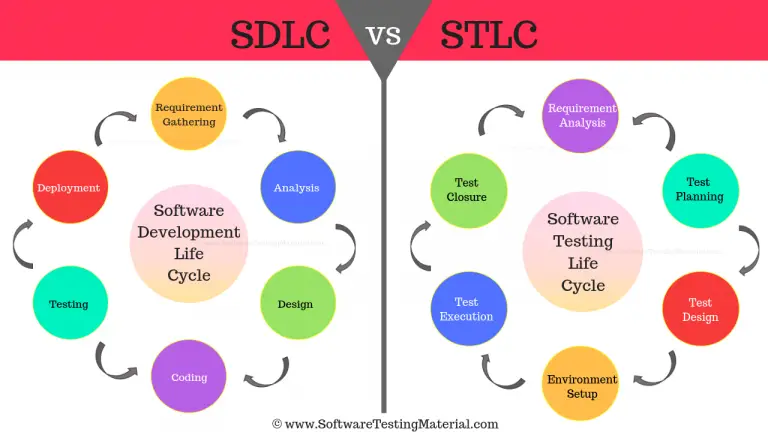Difference between defect, bug, error and failure
Let’s see the difference between defect, bug, error and failure. In general, we use these terms whenever the system/application acts abnormally. Sometimes we call it’s an error and sometimes bug and so on. Many of the newbies in Software Testing industry have confusion in using this.
What is the difference between defect, bug, error and failure is one the interview question while recruiting a fresher.
Generally, there is a contradiction in the usage of these terminologies. Usually in Software Development Life Cycle we use these terms based on the phase.
Note: Both Defect and Bug are the issues in an application but in which phase of SDLC it was found makes the overall difference.
Check below video to see “Difference Between Defect Bug Error Failure”
What is a defect?
The variation between the actual results and expected results is known as defect.
If a developer finds an issue and corrects it by himself in the development phase then it’s called a defect.
What is a bug?
If testers find any mismatch in the application/system in testing phase then they call it as Bug.
As I mentioned earlier, there is a contradiction in the usage of Bug and Defect. People widely say the bug is an informal name for the defect.
What is an error?
We can’t compile or run a program due to coding mistake in a program. If a developer unable to successfully compile or run a program then they call it as an error.
What is a failure?
Once the product is deployed and customers find any issues then they call the product as a failure product. After release, if an end user finds an issue then that particular issue is called as failure
Points to know:
If a Quality Analyst (QA) finds a bug, he has to reproduce and record it using the bug report template.
Earlier I have posted a detailed post on “Bug Report Template”. If you haven’t gone through it, you can browse by clicking here.
Also, you could download the Sample Bug Report Template / Defect Report Template from here.
Remember to share this post with anyone who might benefit from this information, including your Facebook friends, Twitter followers, LinkedIn followers and members of your Google+ group!










Could u please describe about alm if possible then it will be very helpful
Thank you.